Blue Eye Samurai is a beautiful and accomplished piece of animation. It is a rousing story of becoming, and transcending the limitations placed on individuals by society, as well as themselves. A story of people bringing out the best, and the worst, in each other. I just don’t think it stands for what its creators think it stands for, and is nowhere near as groundbreaking as they think it is.
My biggest critique with Blue Eye Samurai, has actually very little to do with the show itself. It’s mostly with the attitudes of its creators, who seem to firmly believe that they have made something revolutionary and different. Micheal Green and Amber Noizumi want you to believe that they have made something that is neither anime nor animation. But to someone who has watched a lot of anime, they haven’t even cleared the adult anime (or seinen anime) hurdle in terms of storytelling. Green and Noizumi wanted to tell this story to adults, but to them, this just meant the inclusion of graphic violence, sex, and nudity. And I think that is just lazy and juvenile.
Anime 101
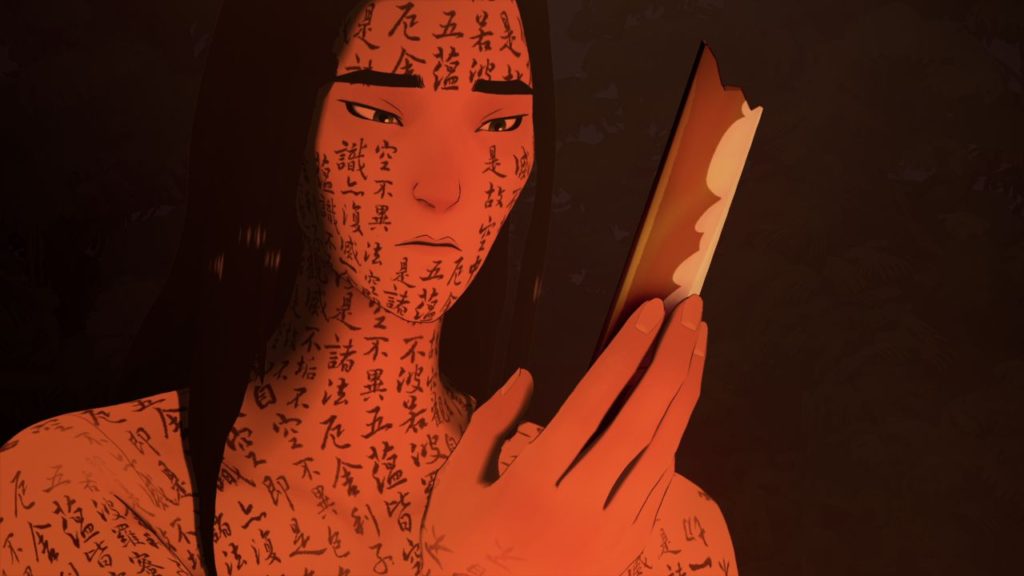
I believe that what separates a show meant for kids from one that’s targeting grown-ups, shouldn’t just be limited to the inclusion of tits and gore, but instead centered on its themes and how they are put forth to the audience. What might have taken Blue Eye Samurai from good to great, might have been a willingness to fully sit in the discomfort of what it really meant to be mixed race in an oppressively hegemonic society, but the creators seem unable, or perhaps unwilling to fathom a world in which hegemony is heralded as the Golden Age.
Reflection and catharsis on the state of being othered – something co-creator Amber Noizumi and director Jane Wu should be intimately acquainted with – and a willingness to share that sense of otheredness with the greater Western hegemony, would definitely have elevated the show into the echelons in which they aspire. But the mollycoddling of its audience is a decidedly Western trait, and it’s something I had hoped they could have overcome with two Asian women at the helm.
But perhaps I am holding this to too high a standard and mistaking profundity with “adultness?” Perhaps I was going into this with preconceptions of my own. But then again, when you are wanting to be compared to the likes of Games of Thrones, you’re setting a pretty high bar for yourselves.
Orientalism 101
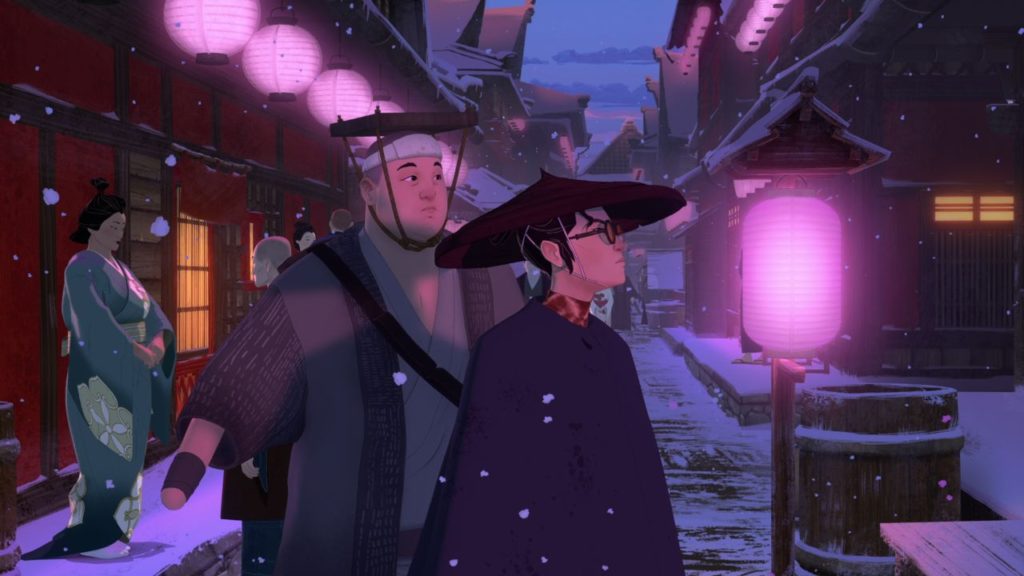
The creative team’s deeply ingrained Western preconceptions and mindset deeply colours the show, putting it slightly at odds with its setting. This just goes to highlight their unwillingness to fully engage with their chosen time period. And shows up as a certain level of oriental exoticism, especially in the first episode, with the flowery philosophical way in which the characters speak (that thankfully falls away in later episodes), and the certain risqué cultural aspect they chose to include.
All this brings home the sense that this is a pastiche of the East made for Western audiences. One filled with Western values like individualism and self-determination. For example, the character of Akemi, a daughter of that time, would never talk back to her father, under any circumstances, especially as one brought up within the gilded cage of the samurai class. Any resistance to this would have been punished.
The story of revenge that the creators are very focused on is a rather simplistic one with very low stakes. Sure, the stakes as a whole are somewhat raised in later episodes, but those stakes mean relatively nothing for Mizu on a personal level. (But most definitely not for Akemi! Which is why I really do think this should also be Akemi’s story too.) While Mizu does present some character growth towards the end of the series, that growth is cut short in the finale by a major choice she makes, steering the story firmly back towards what I can only assume is revenge plot territory.
Adulting 101
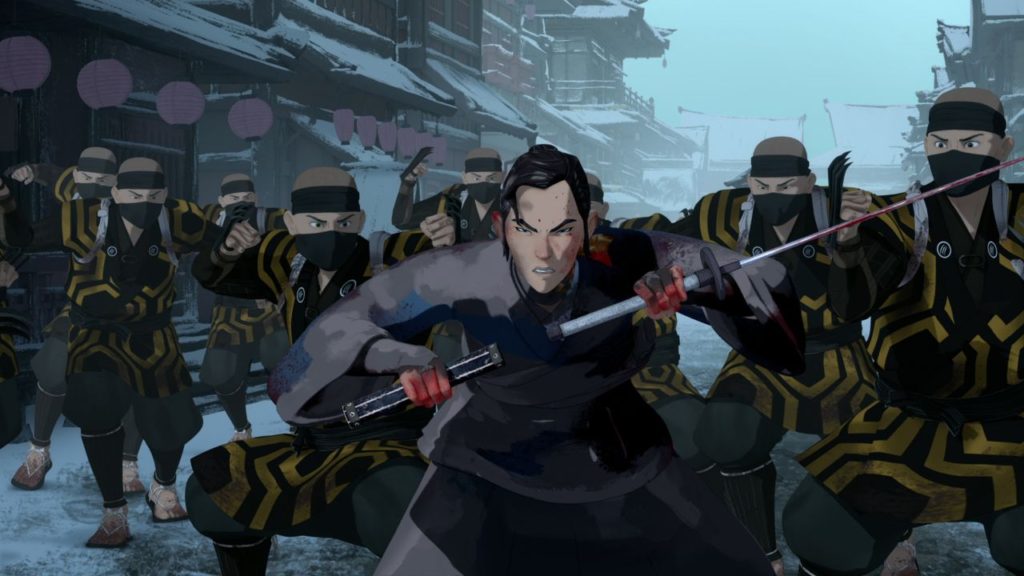
What does make Blue Eye Samurai somewhat “adult,” is instead Akemi’s story, of her coming of age, and the taking charge of her destiny. I think that despite its title, Blue Eye Samurai is not just the titular character Mizu’s story, it is also that of Akemi’s plight as being privileged but still trapped in her circumstances as nothing more than her father’s means to attain power. The creators are right in that women have little power and value in Edo Japan, other than being “a proper wife or an improper whore.” Something that Mizu is technically saved from, for the most part, by virtue of her masquerading as a man on her quest for revenge. At the end of Season 1, I am far more interested in Akemi’s journey than Mizu’s.
So perhaps Green and Noizumi are right to differentiate themselves from anime. Because at least in anime, especially seinen anime, there exists a willingness to talk about the hard stuff and the deep issues. Just look at animes like Death Parade, Evangelion, Psycho-Pass, and Ghost in the Shell, or heck Grave of the Fireflies. As it stands, Blue Eye Samurai, isn’t even as hard hitting as Bojack Horseman…
That said, despite all that I perceive to be flaws, the show is nevertheless a stand out. Blue Eye Samurai deserves the praise it’s getting. The voice acting is top notch and the action scenes are dynamic. There is subtlety in the storytelling. The creators talk a lot about how this being an East meets West story, but unfortunately for this “Easterner,” it is still very decidedly a piece of “Eastern” media made for a Western audience. And that’s okay. I’ll just take another round of seinen anime on my way out.



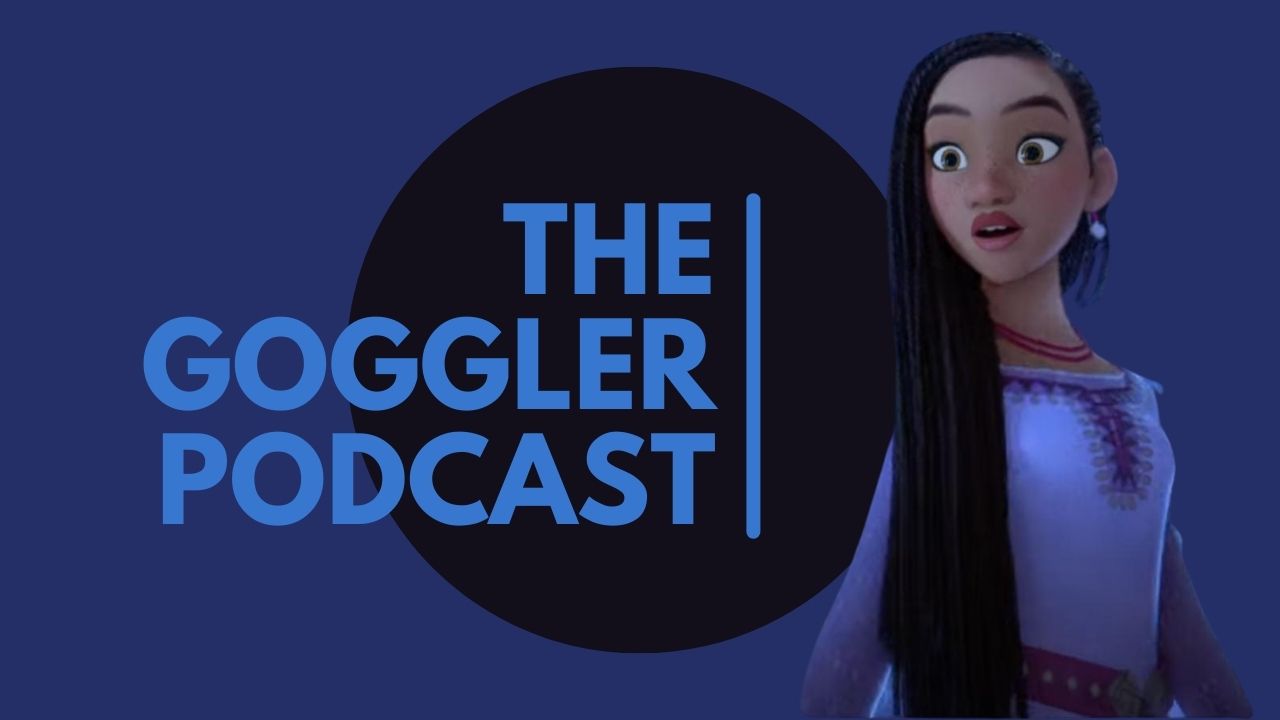
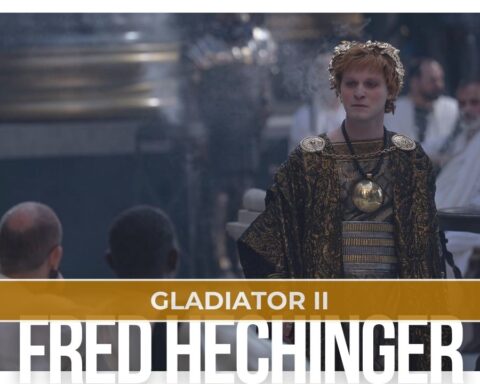
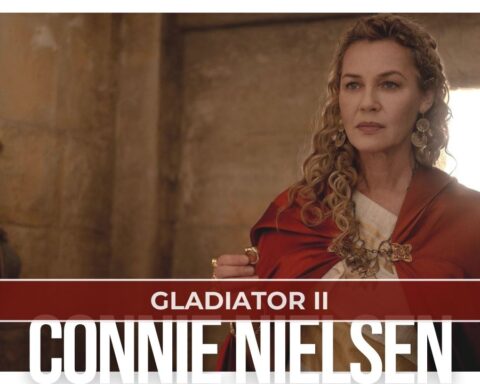
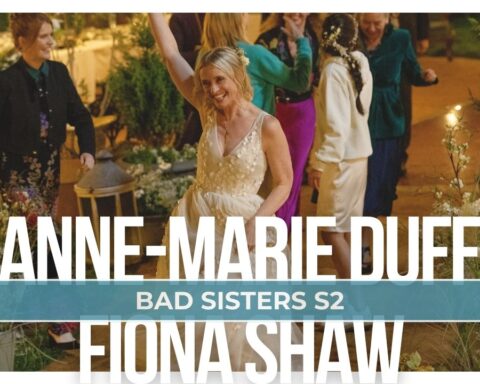


Follow Us